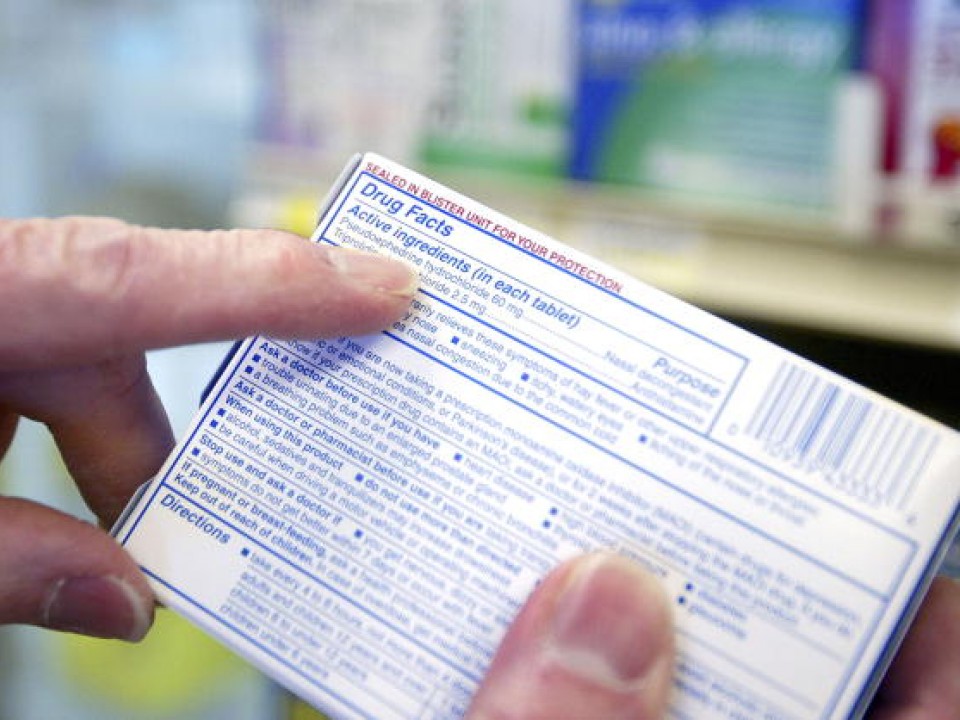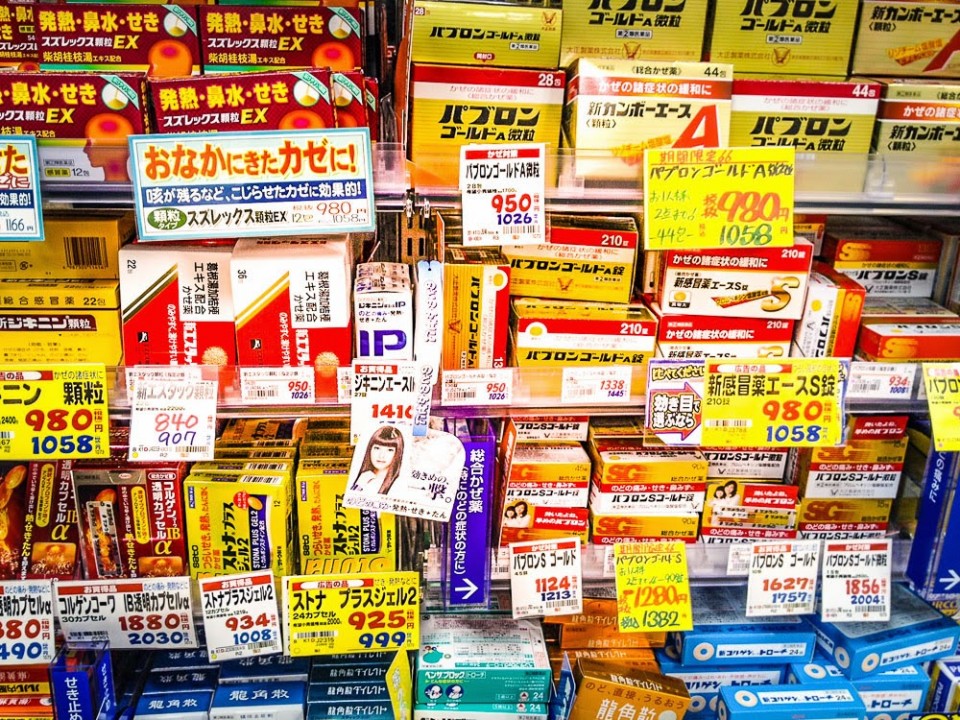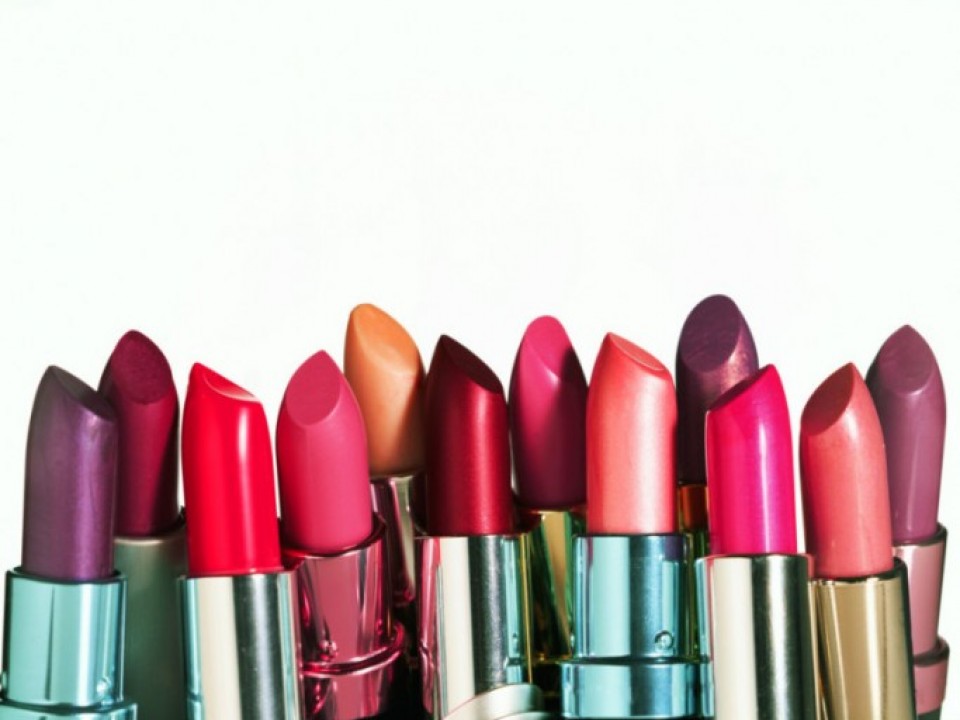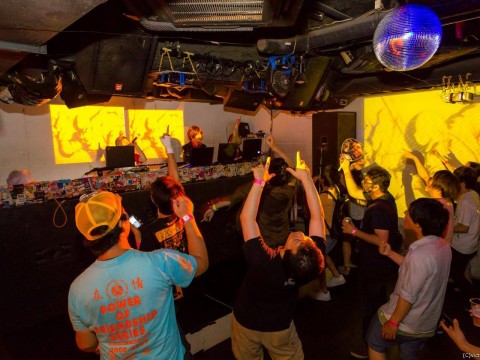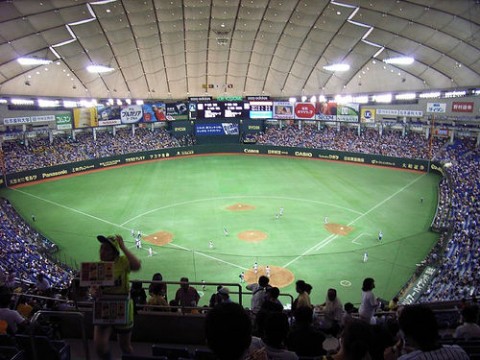Bringing Your Meds To Japan? Study The Laws A Little.
Legal At Home; Illegal - MAYBE - In Japan
For a long time, the ubiquitous sinus medicine Vicks Inhaler was the butt of jokes among resident foreigners in Japan. Signs used to grace airport terminals with the familiar cream-and-green device with a big red "X" imposed over it. The reason, though was rational. Over-the-counter Inhalers sold outside of Japan contain the compound pseudoephedrine, which was listed by Japan drug laws as a controlled substance. For many, it was nothing short of ludicrous to think that a common sinus medicine freely available in drugstores worldwide would be considered such, especially when you take into account that pseudoephedrine is a real lightweight drug with very few practical applications besides treating sinus congestion. Pseudoephedrine, however, in large quantities, is a raw component of the illegal drug methamphetamine, and that is how the Vicks Inhaler ran afoul of drug laws in Japan. It wasn't pseudoephedrine itself that was bad; it was what you could do with enough pseudoephidrine that concerned Japanese authorities.
Japan looks at drugs - both medicinal and recreational - in a different and, in many ways, stricter light than in the west. Local Japanese media have covered several recent cases involving resident foreigners bringing in drugs which are legal in their home countries, but are either illegal or available only under strict supervision in Japan. If you are coming to Japan, and if you do not desire to become a media sensation in this respect, it is best to do a little homework and figure out the drug laws and learn which medicines/drugs, while available in your home country, are bad to bring over.
Let's start with the basics. Under Japanese law, bringing anything into the country is defined as “import”. If you are bringing in a pack of Bufferin to help with occasional headaches, you are, legally, importing Bufferin into Japan. You may think "importing" as a commercial activity involving bringing items into a country in bulk, such as importing containers of clothing, for instance. Not so here. You bring a single tablet of aspirin into Japan, you are importing a single tablet of aspirin, full stop.
With that understanding, there are two large groups of pharmaceutical categories to be aware of: Personal Medications and Narcotics.
Personal Medications and Narcotic Medicines
Personal Medications have 3 main groups: Prescription medications, cosmetics and medical devices. Each of these has a basic limit where you can bring in a quantity of an item, but, if you go beyond that, you must file for a special import form.
Prescription Medications:
Prescription medications are allowed into Japan, and you can bring up to one month supply with you without getting a special import certificate. Anything over one month will require a special import certification, called a “Yakkan Shoumei” (薬監証明) , issued by the Inspection and Guidance Section of the Ministry of Health, Labor and Welfare. The process to complete the Yakkan Shoumei is fairly complex and will take about three to five weeks to complete. The process can only be completed by regular postal mail, so do not expect to be able to go to the MHLW website two days before departure and click a web link. An English-language PDF is available and a link supplied at the bottom of this article.
However, not all prescription medications allowed abroad are legal in Japan. More on that a little further down.
Cosmetics:
Cosmetics, somewhat surprisingly, will also fall into the same regulatory category as prescription meds. You can bring up to 24 pieces of one item before needing a Yakkan Shoumei. So, if you really love your lipstick, but don’t want to do a Yakkan Shoumei, just bring 23 sticks.
Medical devices
Basically, the procedures are the same as the previous two categories.
When you bring your personal medical devices into Japan up to the amount described below, you do not have to apply for Yakkan Shoumei, instead the officers at customs check the amount of your bringing devices, and then you can bring them into Japan. Medical devices are broadly defined as any mechanical or physical items which help with a condition or ailment. In other words, even contact lenses are considered medical devices. You can bring 1 set of household devices (such as a massager) and/or up to a 2 month supply of disposable contact lenses into Japan before requiring a Yakkan Shoumei.
Narcotic Medicines:
Japanese laws regarding narcotics are very strict and there is generally no leniency when it comes to importing narcotics, although it is recognized that people are dependent on some categories of narcotic medicines.
There are three hard-stop categories where Japanese law does not allow any importation under any circumstances. They are:
1) Heroin, Opium powder, Methamphetamine / Amphetamine
No person shall import or export heroin, opium powder, methamphetamine
/ amphetamine (including their pharmaceutical forms).
2) Cannabis
No person shall import or export any forms of cannabis.
3) Raw Materials Used For Stimulants
No person shall import / export stimulant raw materials (such as
ephedrine, pseudoephedrine, including their pharmaceutical forms).
Import / Export for personal use, except for pharmaceuticals containing
-no more than 10% of ephedrine or
-no more than 10% of methylephedrine or
-no more than 10% of phenylacetic acid or
-no more than 50% of norephedrine(phenylpropanolamine)
which can be imported / exported without permission from authorities under
the "Stimulants Control Law"
Outside of those three categories, recognized legitimate narcotic medicines are allowed, to an extent. Any person who intends to enter Japan carrying narcotics such as morphine, codeine, oxycodone, pethidine, hydrocodone, among others, for their own medical use is required to obtain an advance permission from the Director-General of one of the eight Regional Bureaus of Health and Welfare. Please expect anywhere to between two to four weeks to complete the permission process and, Yakkan Shoumei process described above, it can only be completed by postal mail. There are limits to the amount of you can bring in, and that depends on the schedule (strength) of a given compound.
The Narcotic Control Department of the Ministry of Health, Labor and Welfare has a guide for those who may be on certain medications who wish to travel to Japan and an English-language guide is linked below.
Bottom Line: Do Your Homework
A common problem, however, is when you encounter prescription medications which are legal elsewhere, but are illegal in Japan. A good example is the prescription medications Adderall which, while available in the US by prescription to treat ADHD, is effectively banned outright in Japan. There was a case in March of 2015 where an American English teacher received a bottle of Adderall from the US and was arrested for suspicion of smuggling the substance into the country. She was detained for 18 days until the US State Department intervened and arranged for her transport out of the country back to the USA.
As with other pieces of advice in and around Deep Japan, it is always best to spend a bit of time to do your homework and find out where your medications fall under Japanese law. You are unlikely to get a pass from immigration or customs if you import your medications without the proper paperwork or documentation.
IMPORTANT NOTE: This article is for general information purposes only and should not be considered legal advice in any manner. If you have any doubts or questions, please refer to the information in the links supplied or contact the Ministry of Health, Labor and Welfare.
The Adderall incident, from "The Oregonian", March 1, 2015: http://www.oregonlive.com/education/index.ssf/2015/03/a_bottle_of_prescribed_adderal.html
Guide to the Importation of Narcotic and Psychotropic Medicines: http://www.nco.go.jp/dl_data/keitai/keitai_guideh26.pdf
Guide to personal medicines and how to apply for a Yakkan Shoumei: http://www.mhlw.go.jp/english/policy/health-medical/pharmaceuticals/dl/qa1.pdf
An overall guide on import restrictions from the Consulate-General of Japan in Seattle (WA, USA): http://www.seattle.us.emb-japan.go.jp/about/import_restrictions.html

jdlawrence
United States


